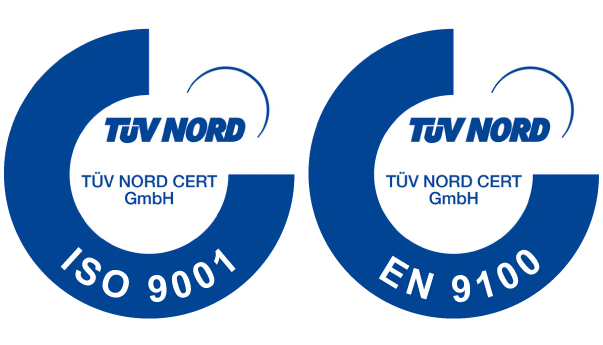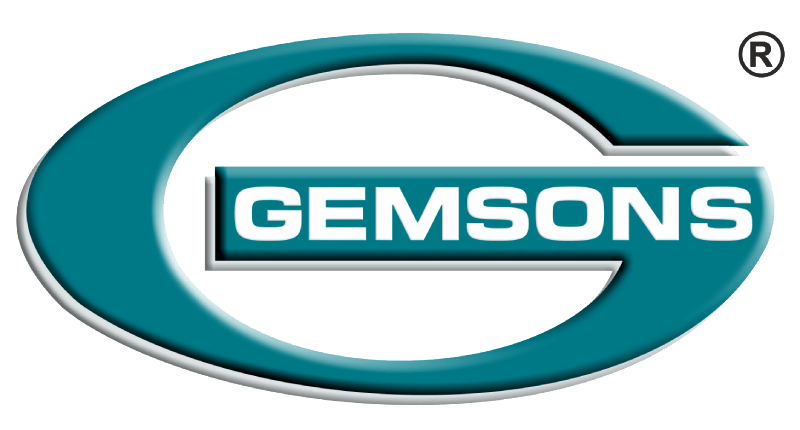A flexible and economical manufacturing technology is CNC machining. A wide variety of materials are suitable for this procedure. As a result, CNC machining is beneficial for a variety of applications like CNC valves, housings etc across a wide range of industries. This procedure is utilized in a variety of ways by producers and machinists. This includes using additional processes in conjunction with direct manufacturing procedures, indirect manufacturing processes, or both.
The chemical, mining, oil and gas, and food industries have stringent standards. For processes to function safely and dependably, pumps and CNC valves must be of high quality and reliability. GEMSONS provide closed or open machine ideas for pumps and valve machining that fulfill these high criteria.
These benefits are now more obvious than ever as computer technology advances in accuracy and effectiveness. The following five justifications for CNC valves are game-changers:
Lower Error Rate and Greater Accuracy
Precision turning machines avoid the chance of human mistakes entering the manufacturing process and resulting in faults because they operate autonomously and without operator interference. The machines can give more accuracy with no errors when codes and software programmes guide the entire operation.
Additionally, unless changed purposefully, these inputs remain unchanged throughout the production process, cycle after cycle, maintaining consistency in the end goods. Further, the machines can run nonstop for extended periods without sacrificing the quality of the work they generate.
Faster and Efficient Production
When using milling machines, one can run them at their fastest speeds to keep up with escalating demands. Furthermore, CNC machines shop can work continuously for a full seven days a week without getting tired, taking breaks, or making any compromises.
These features make it one of the most significant ways to make manufacturing quick, efficient, and scalable without incurring any costs, while also ensuring that the machine keeps a high level of precision and doesn’t waste any material resources.
Lower Energy Consumption
Due to the losses involved, energy-intensive industries, including oil and natural gas, petrochemicals, aerospace, automotive, etc., are already well-known. However, the introduction of CNC machine valves can enable them to continue being precise and scalable without using more finite resources, such as electricity and labor.
In addition to adding sustainability, they make an effort to reduce any energy losses that may occur as a result of shoddy or inappropriate planning, which results in greater energy savings.
Produces Little to No Waste
The software that controls CNC machines is subject to iterative optimization, which finds the most efficient way to turn a component. These algorithms are also the topic of simulations, which examine the viability of the controlling scheme before it is implemented.
As a result, as opposed to the trial-and-error approach of design improvement, the final CAD-CAM model will yield results and deliver value from the first cycle.
Additionally, it efficiently uses the available raw materials because all precision milling machines run on repeatable software programmes that employ fixed tools along predetermined pathways. Because of this, the majority of cutting-edge CNC machines can dramatically reduce waste for manufacturers.
Ease of any New updates
The software of the CNC unit may be quickly changed, and reprogramming is simple. This makes it possible to use various applications, such as various valve types or seat leakage standards.
Conclusion
By this point, it is evident that CNC valves are significantly better than manual valves. What’s more, these boast a variety of extra advantages that can give businesses a competitive edge and enable them to capitalize on differentiators like excellent quality, zero faults, low environmental impact, etc., to stay ahead.



Recent Comments